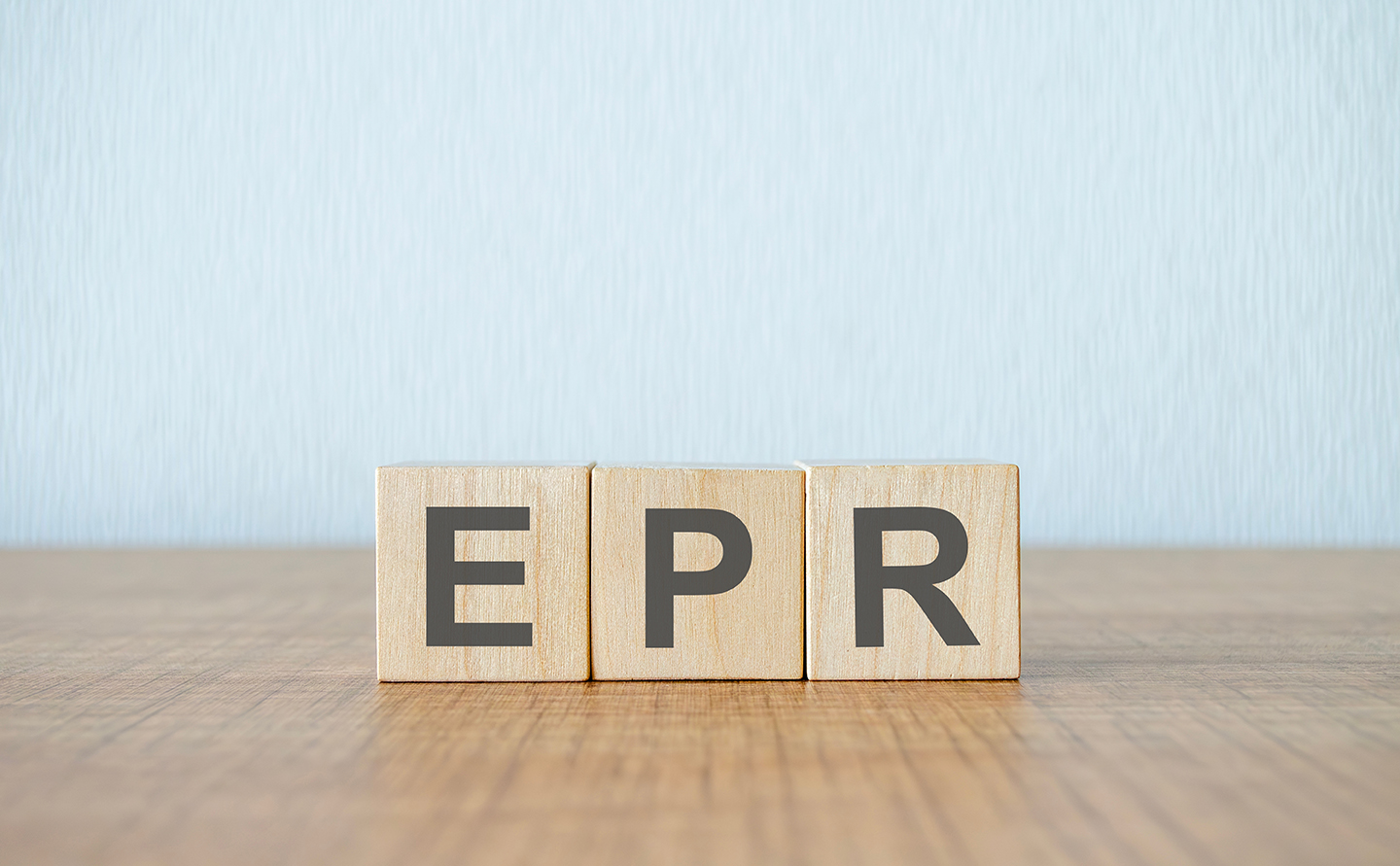Feature
New EPR rules demand detailed packaging data
A guide for UK organisations impacted by extended producer responsibility (EPR) for packaging. By Oumar Fofana.

If EPR for packaging applies to you, prepare to report packaging data from 2023 and pay fees based on that data in the future. Credit: ANDREI ASKIRKA / Shutterstock
Extended Producer Responsibility (EPR) for packaging in the UK mandates that companies manage the lifecycle of the packaging they produce or import, ensuring proper recycling and waste management.
This guide outlines the crucial data collection requirements for UK organisations to comply with EPR regulations.
Understanding the data requirements
- Packaging activity data
Organisations must categorise their packaging activities into the following:
- Supplied under your brand: Includes any packaging of goods bearing your brand.
- Packed or filled: Involves packaging activities where unbranded goods are packed or filled under your brand.
- Imported packaging: Covers imported packaging, both filled and unfilled, with additional nuances for branded and unbranded goods.
- Supplied through an online marketplace: For non-UK businesses selling goods into the UK through an online platform.
- Hired or loaned: Reusable packaging supplied for hire or loan.
- Supplied as empty: Empty packaging supplied to other businesses.
Key categories for data collection
2. Packaging type data
Companies must identify and report on the type of packaging, which includes:
- Household: Packaging that ends up in household waste streams.
- Non-household: Packaging used in business-to-business transactions.
- Packaging in public bins: Items likely to end up in public bins, like take-away food containers.
- Drinks containers: Single-use drink containers, differentiated by material type and intended usage.
- Reusable packaging: Packaging designed for multiple uses.
3. Packaging material and weight
Recording the weight and material of packaging is essential. Materials include plastics, paper, glass, steel, and aluminium, each with specific reporting requirements.
Accurate weight measurements are crucial for determining recycling obligations and calculating EPR fees.
Changes from 2024 onwards
Significant changes take effect from 1 April 2024, affecting how data is collected and reported. These include:
- Drinks containers: Stricter definitions and separate reporting for various parts of the container.
- Imported goods: More detailed reporting for imported packaging, especially concerning the responsibilities of brand owners and importers.
- Household vs. non-household packaging: Enhanced criteria for distinguishing between these types.
Reporting deadlines and processes
For large organisations
Large organisations must report their data biannually:
- First submission: Data from 1 January to 30 June, reported by 1 July.
- Second submission: Data from 1 July to 31 December, reported by 1 January the following year.
For small organisations
Small organisations are required to collect data but do not need to report it until 2025. They must:
- Collect data throughout 2024.
- Report the total annual data in 2025.
Special considerations
Nation data
Some organisations must report nation-specific data, indicating where packaging is supplied and discarded within the UK. This helps in regional waste management planning and compliance.
Methodology submission
Organisations owning online marketplaces or dealing with complex supply chains must submit a detailed methodology to the relevant environmental regulator. This ensures transparency and accuracy in data collection and reporting.
Practical tips for compliance
- Automate data collection: Use software solutions to streamline the data collection process and ensure accuracy.
- Train staff: Ensure employees involved in packaging and data reporting are well-trained on EPR requirements.
- Maintain accurate records: Keep detailed records of all packaging activities, material weights, and types. This will be essential for reporting and any potential audits.
- Stay updated: Regularly check for updates on regulations and guidelines from the government to remain compliant.
The takeaway
Adhering to EPR regulations requires meticulous data collection and reporting.
By understanding the specific requirements and staying organised, UK packaging companies can ensure compliance, contribute to sustainable packaging practices, and avoid penalties.